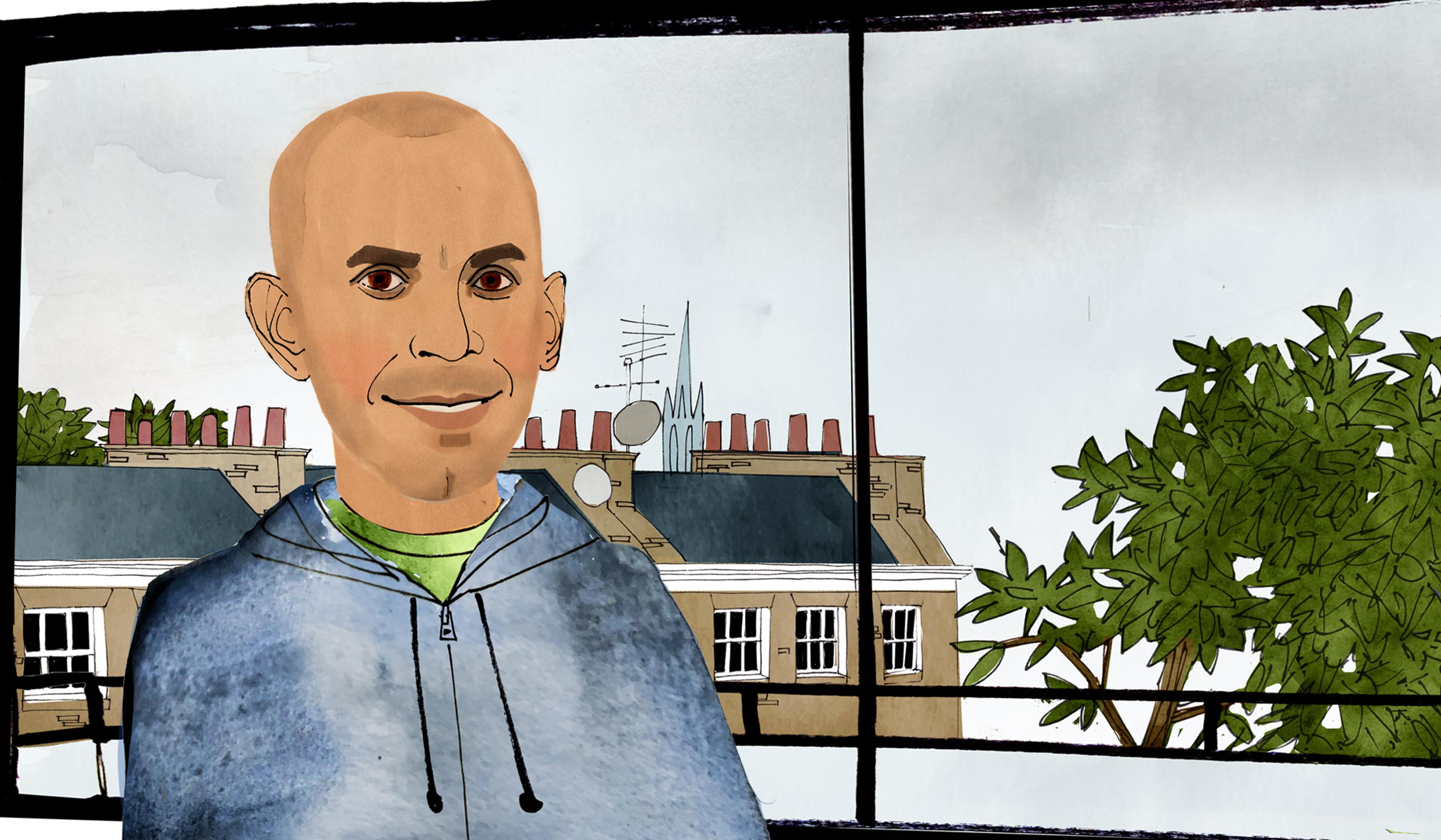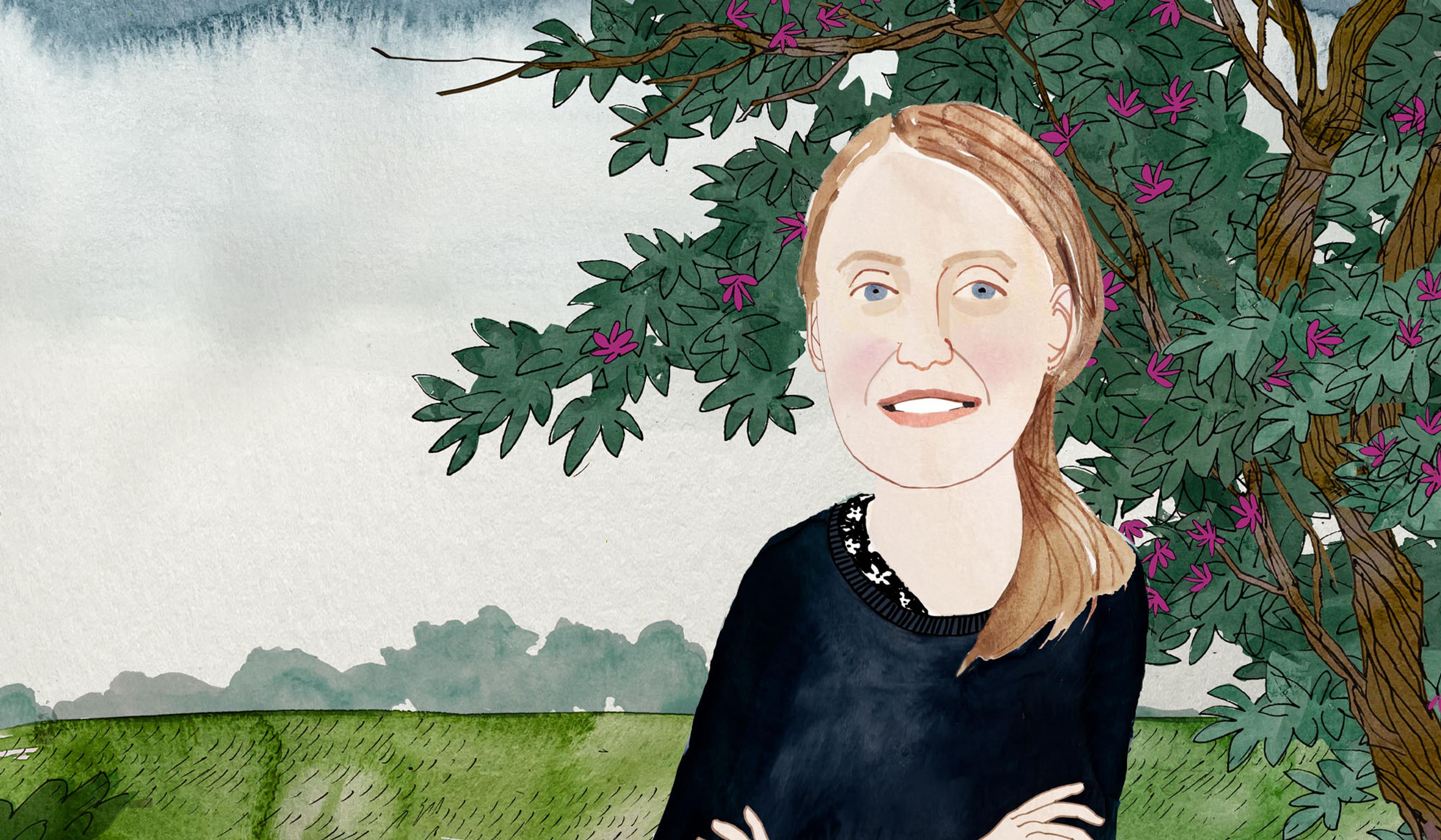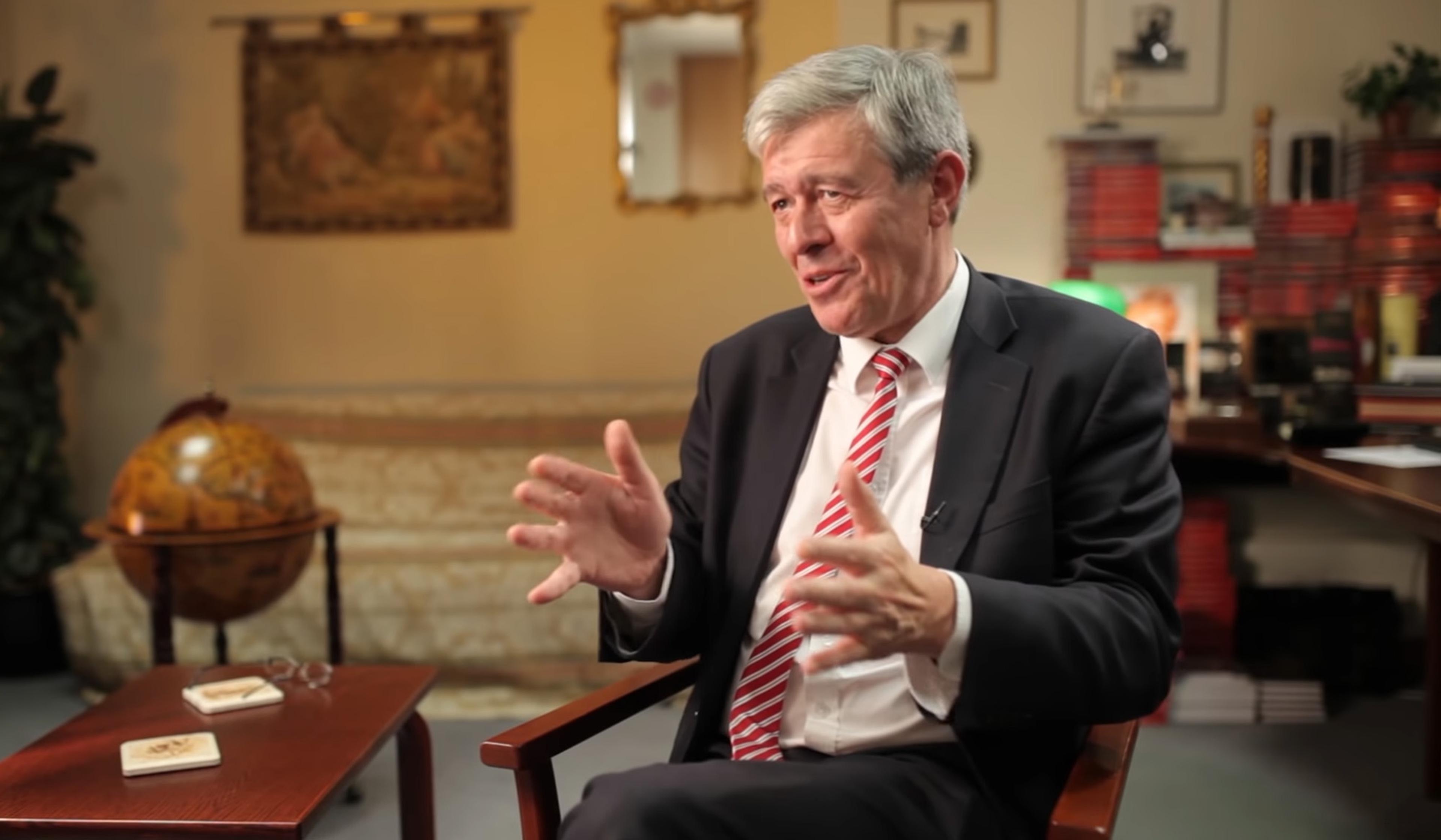Scientists have long known that there’s much more to our experience than the five senses (or ‘outward wits’) described by Aristotle – hearing, sight, smell, touch and taste. Yet the myth of five senses persists, perhaps because a clearer understanding of our sensory experience at the neurological level has only recently started to take shape. In this instalment of Aeon’s In Sight series, the British philosopher Barry C Smith argues that the multisensory view of human experience that’s currently emerging in neuroscience could make philosophising about our senses much more accurate, and richer, allowing philosophers to complement the work of scientists in important ways. But first, philosophy must catch up to the major advances being made in brain science.
Illustration by Ryan McAmis/BA Reps
Aristotle was wrong and so are we: there are far more than five senses
Producer: Kellen Quinn
Interviewer: Nigel Warburton
Editor: Adam D’Arpino
Assistant Editor: Daphne Rustow

videoCognition and intelligence
Can you season seafood with ocean sounds? One of the many ways senses interact
5 minutes

videoPhilosophy of mind
Anil Seth on why our senses are fine-tuned for utility, not for ‘reality’
10 minutes

videoBiology
To understand the limits of human senses, look to the wild world of animal cognition
45 minutes

videoCognition and intelligence
How a ‘periodic table’ of animal intelligence could help to root out human bias
5 minutes

videoPhilosophy of mind
Embodied cognition seems intuitive, but philosophy can push it to some strange places
14 minutes

videoCognition and intelligence
Leaping from firing neurons to human behaviour is tempting, but it’s a perilous gap
3 minutes

videoKnowledge
Can you know everything about colour if you see in black and white? A thought experiment
5 minutes

videoConsciousness and altered states
It’s impossible to see the world as it is, argues a cognitive neuroscientist
40 minutes

videoPhilosophy of mind
‘Minds have always been outside themselves’: Raymond Tallis on extended cognition
9 minutes